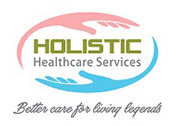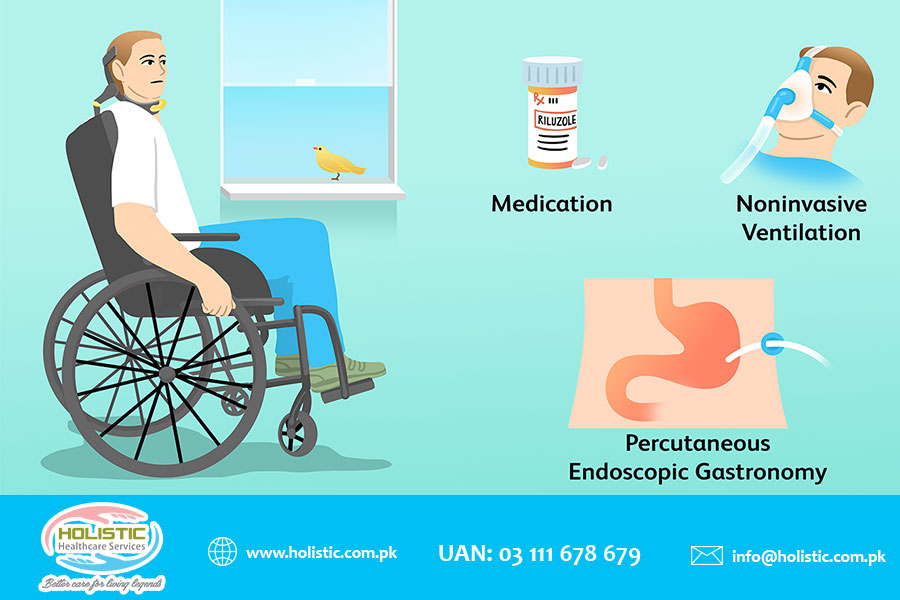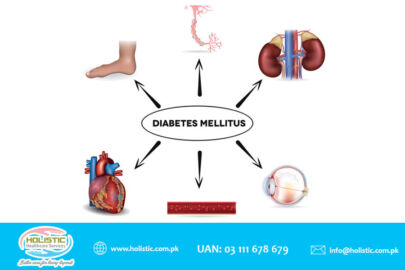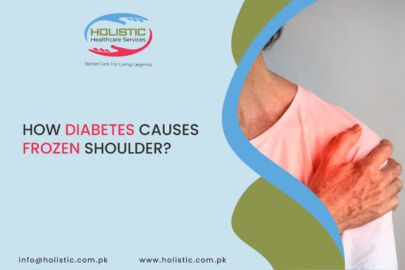Amyotrophic lateral sclerosis (ALS), also known as Motor Neuron Disease (MND) or Lou Gehrig’s disease, is a disease that causes the death of neurons controlling voluntary muscles. ALS is characterized by stiff muscles, muscle twitching and gradually worsening weakness due to a decrease in muscle size.
Symptoms of ALS
Some common early symptoms include:
- Stumbling
- A hard time holding items with your hands
- Slurred speech
- Swallowing problems
- Muscle cramps
- Worsening posture
- A hard time holding your head up
- Muscle stiffness
Causes of Lou Gehrig’s Disease
ALS belongs to a wider group of disorders known as motor neuron diseases, which are caused by gradual deterioration (degeneration) and death of motor neurons. Motor neurons are nerve cells that extend from the brain to the spinal cord and to muscles throughout the body.
High-Risk Factors
- Heredity. Five to 10 percent of the people with ALS inherit it (familial ALS)
- Age. ALS risk increases with age and is most common between the ages of 40 and the mid-60s
- Sex. Before the age of 65, slightly more men than women develop ALS
- Genetics
Diagnosis of MND
Diagnonis of muscle and nerve tests include:Electromyography (EMG)
EMG is one of the most important tests used to diagnose ALS. In both cases, your doctor will be able to see clear abnormal patterns of activity if you have ALS. A nerve conduction study measures the stress levels but does not appear to play a part in the development of amyotrophic lateral sclerosis (ALS).
Types of ALS
This breakdown occurs in all three forms of ALS:
- Hereditary, which is called familial.Familial ALS (FALS) runs in families. About 5% to 10% of people with ALS have this type. FALS is caused by changes to a gene.
- ALS that is not hereditary, called sporadic.Sporadic ALS is the most common form. It affects up to 95% of people with the disease. Sporadic means it happens sometimes without a clear cause.
- ALS/dementia that targets the brain
ALS causes the motor neurons to gradually deteriorate, and then die. Motor neurons extend from the brain to the spinal cord to muscles throughout the body. When motor neurons are damaged, they stop sending messages to the muscles, so the muscles can’t function. ALS is inherited in 5% to 10% of people.
Although this disease can strike anyone, ALS is extremely rare in kids. According to the ALS Association, most people who develop it are adults between 40 and 70 years. Only 2 out of every 100,000 people will get the disease each year.
There are currently two treatments approved by the U.S. Food and Drug Administration for the treatment of ALS: Rilutek (riluzole) and Radicava (edavarone).
Check our section on Health and other Health Topics to know more about the different diseases and illnesses or call UAN: 03 111 678 679 to know about the healthcare services offered by Holistic Healthcare Services.





 Reach us on WhatsApp
Reach us on WhatsApp